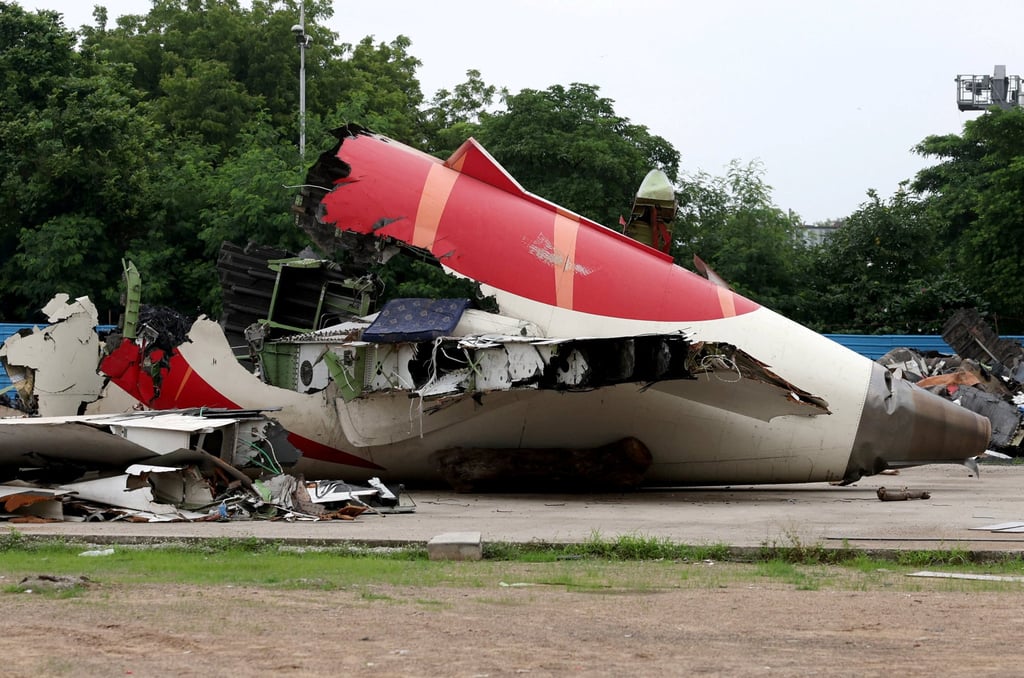Watson, a retired British teacher and frequent flier in Asia, says he now avoids the 787 altogether because “I have a bad feeling about them now” and that he is willing to pay more to fly with other carriers.

He’s not alone. The June 12 disaster – the first fatal accident involving a Boeing 787 – has fuelled concerns among travellers across Asia, with a noticeable drop in bookings and a rise in fear-related behaviour, despite aviation authorities and experts insisting flying remains one of the safest forms of travel.
Air India saw a 30 to 35 per cent decline in fresh bookings in the week following the crash, and more than 20 per cent of existing reservations were cancelled, according to Indian travel agencies.
Cockpit Vista, a wellness centre based in Bengaluru, saw a surge in demand for its US$500 therapy course that helps nervous passengers ease their fear of flying in the wake of the crash. The centre said it received more than 100 inquiries following the tragedy, compared to the previous average of about 10 per month.


